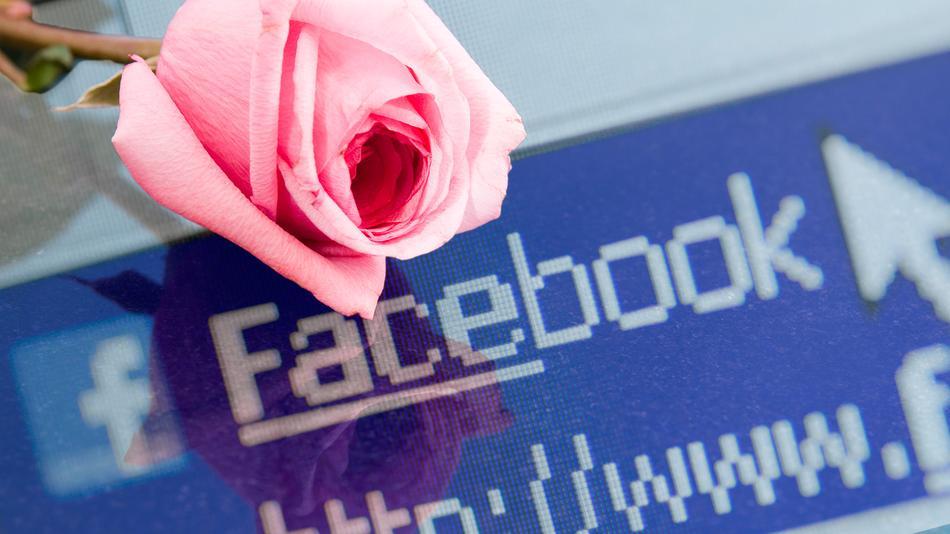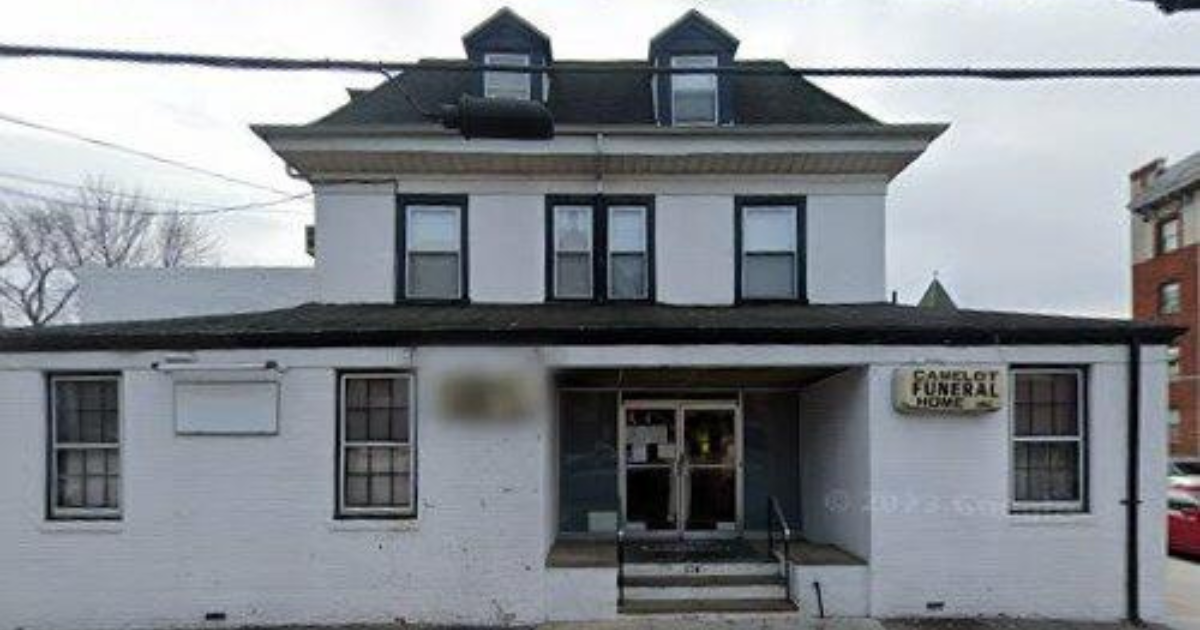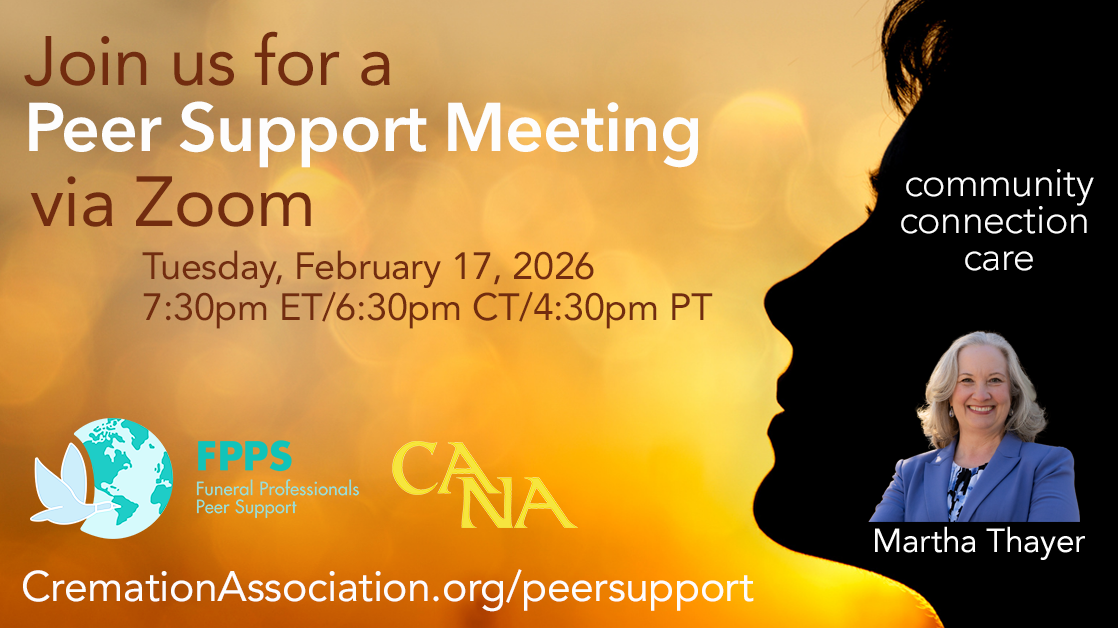What do you think should happen to your Facebook account after you die?
In this story, Mashable explores the uncomfortable and emotional encounters many Facebook users are having with “Facebook ghosts” (status posts and updates from dead friends appearing in their Newsfeed’s).
This ism’t a new topic, we have talked about this before but we are generally talking about what should happen with your social media accounts when you pass and what the law says or doesn’t say. But the problem with updates from dead friends and loved ones presents another problem for many grieving users. Often these reminders from deceased friends can send the living users back into a deep starte of grief. Some users are even deleting their Facebook accounts because the constant reminder and updates from deceased friends is to much to handle.
The below article from Mashable.com looks at a few stories from Facebook users who have been exposed to “Facebook ghosts”.
What Happens to Your Social Media Life When You Die? – Kate Freeman
Tiffany’s Likes, and other people’s comments on Tiffany’s profile, push her information onto Buhr’s newsfeed, offering a frequent reminder that her friend is gone. Buhr says she felt she had to unfriend Tiffany because it was too difficult to be reminded of the loss nearly everyday.
Jeff Lutz has a similar story. His beloved grandfather’s wife, Laurel Lutz, passed away in 2011. Her side of the family must have continued to operate Laurel’s Facebook page because Lutz said he continued to see updates and Likes.
“In the first week after Laurel passed, a note went on her Facebook wall thanking her family via various inside jokes and drinking references,” he says. “In the weeks that followed, Likes of Dunkin’ Donuts began to appear, alongside checking in at various locations. The real topper was a 2011 halloween profile image change to her face digitized on a pumpkin.”
Death is a topic people tend to avoid thinking about. But since so many people have social media profiles, blogs and various online accounts — and a growing web presence in general, it’s wise to consider what happens with that information when you’re no longer alive.
Jeremy Toeman is the founder of Legacy Locker, a company that provides wills for digital properties. Toeman tells Mashable he write wills for all types of digital properties — “really practical stuff from banking information, mortgages, to personal stuff like blogs, Twitter andFacebook profiles and online gaming sites.”
A “Facebook ghost” is the term Toeman uses to describe deceased friends and relatives who continue to appear in one’s Facebook’s feed. For some users it can be too emotional to continuously see the Likes of lost loved ones while they’re browsing Facebook.
Legacy Locker lets people create a “legacy letter” to be automatically emailed to all their contacts in the event of their death that can include passwords and instructions for their digital profiles. The email can also contain a video.
“The digital footprints we’re leaving these days are pretty significant,” he adds. “We believe this should be a way to safeguard that identity.”
Justin A. Meyer, Esq., an estate planning attorney in Hauppauge, New York, tells Mashable, “A lot of the laws have not yet caught up with the realities of digital media,” he said. “As such, we have begun including into our Last Wills and Testaments a clause giving the executor the power to access all digital assets and accounts.
While these clauses have not yet been tested, we think that it would be sufficient to get Twitter or Facebook to do what the Executor wants. These powers could also be put in a different party, if the holder of the account wants.”
There are no clear laws about what happens to someone’s social media accounts or blog when they die. The only documents governing this are the companies’ terms of service agreements.
Facebook, Google and Twitter all have policies relating to what happens with a user’s information once they die.
A Facebook spokesperson explains to Mashable: “Our standard procedure when we receive a report that a user is deceased is to memorialize the account, which restricts profile and search privacy to friends only, but leaves the profile up so that friends and family can leave posts in remembrance. Also, we do honor requests from close family members to deactivate the account, which removes the profile and associated information from the site.”
The process for taking control of a gmail account is the same for a Google+ account. Google’s website explains that an authorized representative of the deceased user might be able to get the information after careful review, but it’s not guaranteed.
Twitter’s website explains that it will “work with a person authorized to act on the behalf of the estate or with a verified immediate family member of the deceased to have an account deactivated.”
Jed Brubaker, Ph.D. candidate in the Department of Informatics at the University of California, Irvine, has been studying “post mortem social networking” for three years.
He conducted a study a few years ago, monitoring 1,500 MySpace profiles of people who had died. He monitored comments and conversations that were posted on the accounts for three years. He said some of the most interesting conversations people had were about whether or not the dead could access MySpace in heaven.
Granted, he says, MySpace had a younger audience than Facebook, but these social networking sites are, in some ways, changing the way we handle death.
It’s not uncommon to hear about death via Facebook, and since everyone learns about someone’s passing at different times when the news is posted on a social site, mourning can be a lot more isolating, he said.
Brubaker is now conducting interviews with people about post-mortem Facebook profiles.
“Basically everyone had a strong opinion about what should happen to the deceased person’s profile,” he said. “And they were all across the board.”
When he asked people what they wanted to happen with their own account, most people said they didn’t care.
“After doing this analysis … these issues clearly don’t matter to them but it becomes a way for them do to good by the dead,” he says.
“I think what the really interesting thing is here is that the online social networks we have are radically changing our relationship with death,” he said. “It used to be your mom told you someone died. Now, with Facebook that guy you knew in Kindergarden — you’re connected to him, so when he dies you’ll know. Your generation will have more encounters with death than ever before because we’ll never have lost anyone.”
What’s an appropriate way to handle death online? Let us know your thoughts or experiences in the comments.
Mashable composite. Photo via iStockphoto, bizoo_n and vicm.




